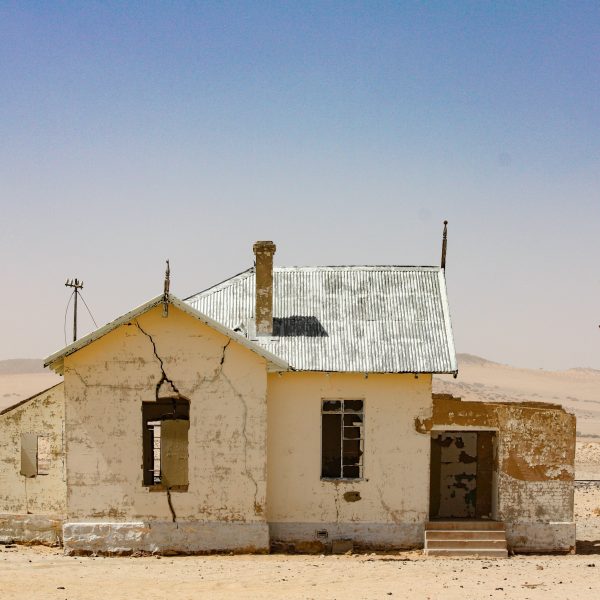World’s richest countries are experiencing sharp rises in child poverty: UNICEF

Some of the world’s richest countries experienced sharp rises in child poverty between 2014 and 2021, according to data published recently by UNICEF Innocenti – Global Office of Research and Foresight.
Report Card 18: Child Poverty in the Midst of Wealth is the latest in the series looking at children’s well-being in OECD and EU countries. The report card found that Poland and Slovenia are faring best in efforts to tackle child poverty, followed by Latvia and the Republic of Korea. In contrast, some of the richest countries in the report are lagging behind, near the bottom of the country rankings.
The report presents the most up-to-date, comparable picture of poverty affecting children in OECD and EU countries, and analyses governments’ income support policies for families with children. It finds that, despite overall decreases in poverty by nearly 8 per cent across 40 countries between 2014 and 2021, there were still over 69 million children living in households earning less than 60 per cent of the average national income by the end of 2021.
The report also highlights huge inequalities in poverty risks. Across 38 countries with available data, children living in a lone-parent family are over three times as likely to be living in poverty as other children. Children with disabilities and from minority ethnic/racial backgrounds are also at higher-than-average risk.
“The impacts of poverty on children are both persistent and damaging,” said Director of UNICEF Innocenti – Global Office of Research and Foresight, Bo Viktor Nylund. “For most children this means that they may grow up without enough nutritious food, clothes, school supplies, or a warm place to call home. It prevents the fulfillment of rights and can lead to poor physical and mental health.”
The consequences of poverty can last a lifetime. Children who experience poverty have less chance of completing school and earn lower wages as adults. In some countries, a person born in a deprived area is likely to live eight to nine years less than a person born in a wealthy area, according to the report.
According to the findings, 2012 to 2019 saw stable economic growth among this group of countries, presenting an opportunity to recover from the impacts of the 2008-10 recession. However, while a number of countries reduced child poverty during this time, some of the wealthiest countries saw the biggest backward slides. The report also shows that countries with similar levels of national income, such as Slovenia and Spain, have stark differences in their child poverty rates – 10 per cent and 28 per cent respectively.
To eradicate child poverty, the Report Card calls on governments and stakeholders to urgently:
- Expand social protection for children, including child and family benefits to supplement families’ household income.
- Ensure all children have access to quality basic services, like childcare and free education, that are essential to their well-being.
- Create employment opportunities with adequate pay and family-friendly policies, such as paid parental leave, to support parents and caregivers in balancing work and care responsibilities.
- Ensure that there are measures adapted to the specific needs of minority groups and single-headed households, to facilitate access to social protection, key services, and decent work, and reduce inequalities.
“Cash benefits have an immediate effect in alleviating poverty. Decisionmakers can support households by prioritizing and increasing expenditure on child and family benefits,” added Nylund. “A lot can be learned from the successes of different countries. How we use this learning will determine how effectively we can ensure children’s well-being today and in the future.”
Access Report Card 18: Child Poverty in the Midst of Wealth here.
Popular

Workforce
Quality
Research
When did it start to go wrong?
2025-12-18 08:00:46
by Fiona Alston

Economics
Policy
Quality
Provider
Research
Is your service ready? Key updates to Queensland kindergarten funding in 2026
2025-12-17 07:00:15
by Fiona Alston

Quality
Workforce
Practice
Research
Let’s not lose the word 'Children'
2025-12-18 07:45:13
by Fiona Alston















